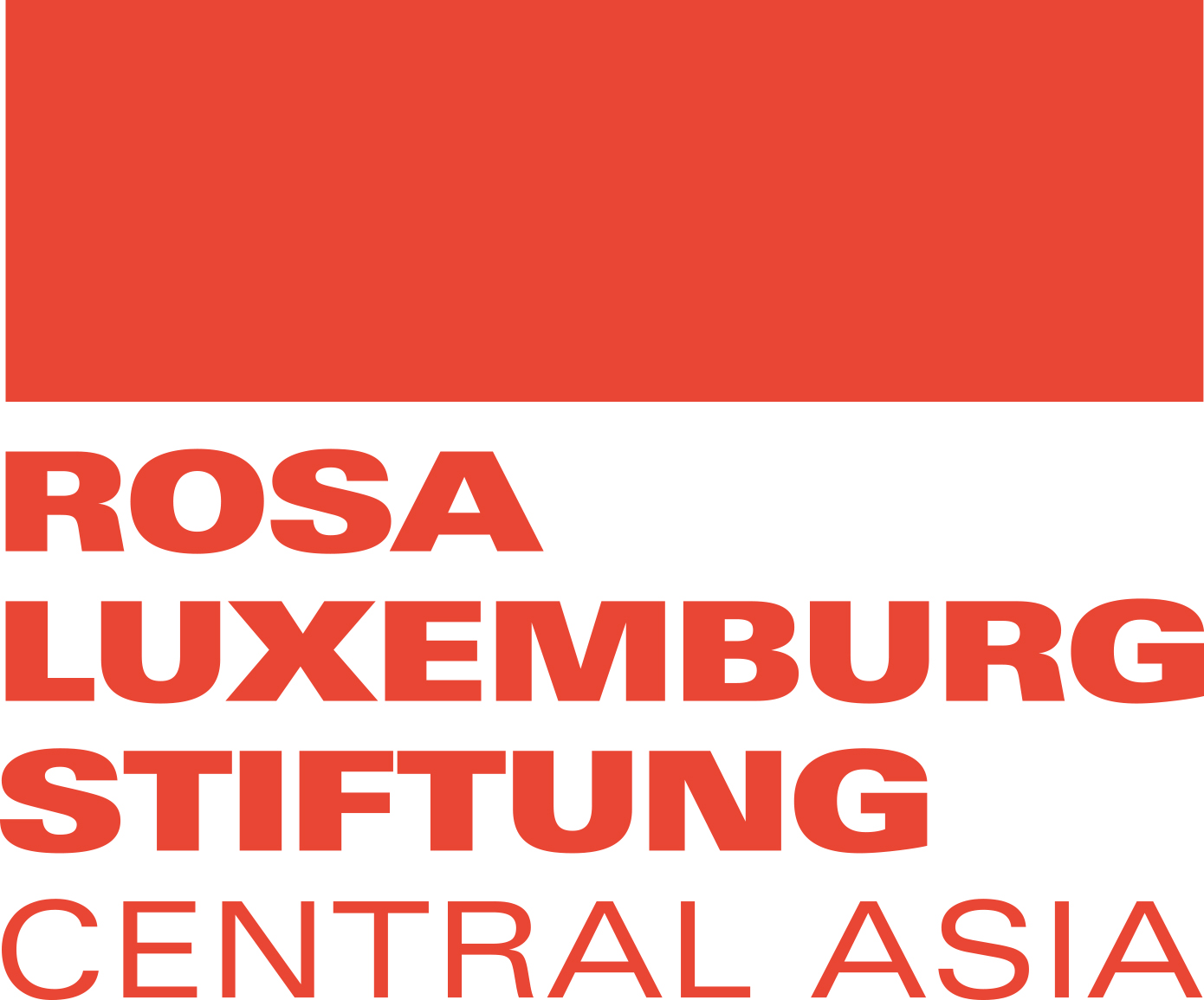27 November 2020
International Conference "Opportunities and Openings of the New European Union's Strategy in Central Asia"
Kazakhstan, Kyrgyzstan, Tajikistan, Uzbekistan, Germany
Center for Topical Research "ALTERNATIVA",
RLS Representative Office in Central Asia
Center for Topical Research "ALTERNATIVA",
RLS Representative Office in Central Asia

On November 27, 2020 the Rosa Luxemburg Foundation (Rosa Luxemburg Stiftung) Central Asia Office, Contemporary Research Center Alternative and the Center for German Studies of the Kazakh National University named after Al Farabi were holding an international research-to-practice conference “Opportunities and Openings of the New EU Strategy in Central Asa”.
The purpose of the conference was to discuss key aspects of the new EU Strategy in Central Asia and obtain objective expert opinions in connection with its implementation.
The conference was attended by the representatives of scientific and research organizations, expert community, governmental agencies, media, representative offices of foreign countries and international agencies based in Kazakhstan and other Central Asian countries.
The purpose of the conference was to discuss key aspects of the new EU Strategy in Central Asia and obtain objective expert opinions in connection with its implementation.
The conference was attended by the representatives of scientific and research organizations, expert community, governmental agencies, media, representative offices of foreign countries and international agencies based in Kazakhstan and other Central Asian countries.
Since the region's significant document "The European Union and Central Asia: Strategy for a New Partnership, 2007-2013", the EU's co-operation with the countries of Central Asia (CA) has become systematic, consistent and practical. The EU's engagement in Central Asia has thus gained regional coverage in the main areas, is gradual, has a number of achievements, but often encounters difficulties. In the period between the two strategy documents, from 2013 to 2019, projects of importance for each of the Central Asian countries continued to be implemented, above all on water resources and border issues.
The new Strategy, which came into effect in 2019, is dictated by economic interests, it includes a large block of social and humanitarian spheres of cooperation, it has stimulated the formation of new bi- and trilateral interstate formats within the framework of various projects and programmes, it aims to further consolidate cooperation between the countries of Central Asia. The adoption of the new Strategy characterises a new level of regional responsibility on the part of both the Central Asian states and the European Union. For the first time, the EU has proposed a programme of regional cooperation in the "Central Asia + Afghanistan" nexus, indicating the political will to create a stable space between the EU and Central Asia.
The new Strategy, which came into effect in 2019, is dictated by economic interests, it includes a large block of social and humanitarian spheres of cooperation, it has stimulated the formation of new bi- and trilateral interstate formats within the framework of various projects and programmes, it aims to further consolidate cooperation between the countries of Central Asia. The adoption of the new Strategy characterises a new level of regional responsibility on the part of both the Central Asian states and the European Union. For the first time, the EU has proposed a programme of regional cooperation in the "Central Asia + Afghanistan" nexus, indicating the political will to create a stable space between the EU and Central Asia.
Taking into account the difficult situation in connection with the spread of the COVID-19 pandemic, the conference also discussed challenges to the Strategy, possible threats, as well as the expected results on trade-economic, social, political, humanitarian, educational and other aspects related in one way or another to the implementation of the new Strategy in Central Asia. Once again, a number of questions have arisen about the prospects for co-operation between the united Europe and the Central Asian states, about the impact of changing international conditions on the development of the Central Asian states' ties with the EU, about the challenges to the regional agenda, etc. There are many questions, as well as answers, sometimes different, and some of them are awaiting clearer explanations on the choice of the EU and CA trajectory in the framework of the new Strategy.
Since the European Union and a country like Germany have been and remain the most active in adopting and promoting strategic partnership and co-operation with Central Asia, expert and scientific activity in the region most often comes from the German academic community. In this context, the Rosa Luxemburg Stiftung, together with its Central Asian partners, invited a number of experts from Germany to discuss a set of questions concerning the prospects for a new EU Strategy for Central Asia.
Since the European Union and a country like Germany have been and remain the most active in adopting and promoting strategic partnership and co-operation with Central Asia, expert and scientific activity in the region most often comes from the German academic community. In this context, the Rosa Luxemburg Stiftung, together with its Central Asian partners, invited a number of experts from Germany to discuss a set of questions concerning the prospects for a new EU Strategy for Central Asia.








